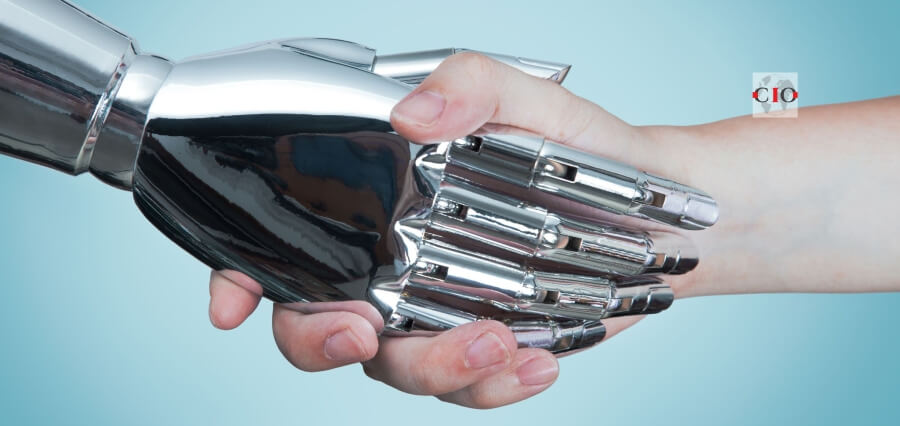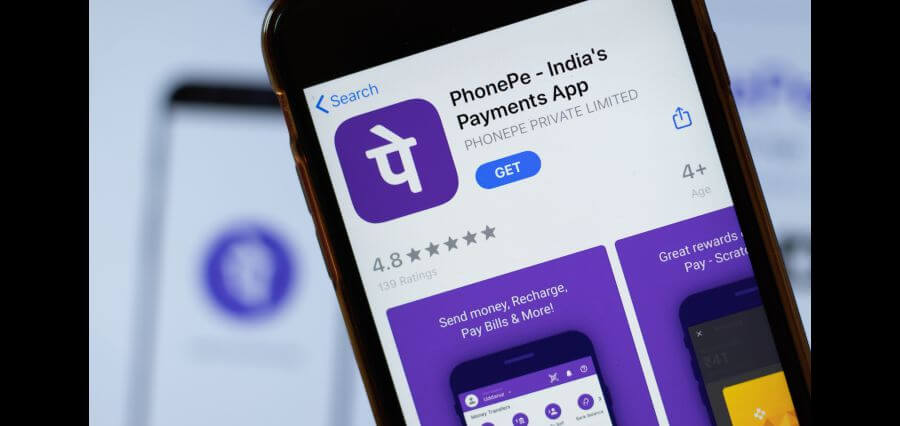Imagining life without technology is impossible in the times that we are living in. With the help of technology, we are effectively conquering the challenges thrown by an ever-changing world. Humans use their intelligence creatively to develop innovative technological solutions to assist in performing simple to complicated procedures.
Human intelligence has no match and no limits as it is tested every day, every moment in the various walks of life. However, no matter how expert one is, humans always need assistance and a second opinion to come to a definite conclusion on important matters and processes. Again, to support and assist humans with the backing of data, a technology known as Artificial Intelligence (AI) is gaining crucial ground in every sector.
One of the essential sectors where artificial intelligence is effectively working with human intelligence to continuously improve the end results is the healthcare sector. In healthcare, the alertness and importance of even minor data points are important as their process can directly impact living beings. Therefore, it must be ensured to leave no room for errors in the workings of healthcare matters.
Nowadays, AI technology is merging into various healthcare machines and medical devices to assist professionals in increasing accuracy and efficiency. As a result, it assists professionals in making quick decisions without wasting time and providing timely corrections.
Below, we will explore how AI is converging with human intelligence to take the healthcare sector forward.
Effective Leveraging of Healthcare Data
The amount of data that is generated by the healthcare system is huge. This data has lots of potentials to provide deeper insights into healthcare matters, from life-threatening diseases to diseases that are as minor as headaches or fever.
Luckily, the healthcare system today has the necessary technology to keep track of this data and record it for further research purposes. Though artificial intelligence is still no alternative to human intelligence when it comes to making important conclusions, it has still progressed significantly. Like never before, AI is helping healthcare professionals improve the accuracy of their work.
For instance, AI technology is implemented into solutions such as medical imaging devices to improve the decision-making processes by using past data effectively.
Detection of Viral Infections
The spread of the COVID-19 virus has massively affected people’s lives across the world. Most of the population was exposed to an increased risk of getting infected. People were afraid to come into close contact with each other due to infection risk.
Still, carrying out the daily business was essential, which is why an effective solution was needed at the time to quickly analyze people’s health to detect the possibility of infection. Some quick solutions, such as measuring body temperatures, quick diagnosis tests, and others, have emerged to detect the signs of infections at that time.
Today, multiple advanced solutions are emerging in the medical field that use medical data to check the symptoms of viral infections in people. The potential of AI in self-detecting infection is great in the times ahead, as it helps individuals to quickly figure out if there is infection and take proactive measures then and there.
Timely Prevention and Treatment of the Disease
The health requirements of each patient differ. Understanding a patient’s body based on continuous data generated by sensors and detectors can be difficult and overwhelming for healthcare professionals.
Advanced medical devices can now receive continuous data from almost every one of the bodily systems. For example, technological solutions are now allowing healthcare professionals to examine gut microbiomes, among other things, to understand that every individual has a unique set of private foreign species impacting their health and body. This is enabling the potential for truly effective individualized precision medicine.
All these different layers, separate for each individual, produce a huge amount of data. Obtaining an understanding of this immense treasure trove through AI solutions will enable extraordinary advancements in preventing and treating illness, as well as managing new emerging illnesses.
Enhancing Virtual Care
The virtual care and healthcare IT markets have been rapidly growing in recent years. It is estimated to reach $390 billion by 2024. A survey conducted by McKinsey & Company reported a 50 to 175-fold increase in people who are seeking virtual care than they did before the COVID-19 pandemic.
Through the virtual medium, AI is emerging as a powerful tool for physicians and the entire healthcare industry to improve patient care. It is being increasingly embraced in telemedicine to enable doctors to make more data-driven, real-time decisions. This could improve the patient experience and health outcomes by allowing health professionals to work more toward virtual care alternatives throughout the care continuum. Furthermore, AI solutions can be used by virtual care providers to remotely monitor patients’ health conditions and provide timely assistance as and when the need arises.
As telehealth platforms evolve, they will need to integrate cutting-edge AI technology solutions to help physicians continuously improve diagnosis and decision-making processes based on the most recent generated data.
Immersive Medical Training
One of the major benefits that can be derived from AI is improving medical training. Based on AI learning, various immersive and dynamic training modules can be created to provide the best training experience for healthcare students and professionals.
In addition to this, AI can also be helpful in providing online courses that are customized per the individual learner’s needs. This training method can help learners focus more on the specific areas where they need to improve the most.
Providing Virtual Nursing Assistance
Offering virtual nursing assistance is another way AI can be used to deliver healthcare services. These virtual assistants understand questions asked by patients using inbuilt natural language processing (NLP) technology and provide solutions based on information from their electronic health records.
One major example of such a virtual nursing assistant app is NurseWise, developed by the American Nurses Association. The app offers nursing advice and guidance to patients all day, all week.
Wrapping Up
In this age of technology, AI is playing a major role in healthcare. The potential benefits of AI integration in healthcare solutions are many more; some are already discovered, and some are yet to be discovered. Considering all the points mentioned above, it can be concluded that AI will simplify the complicated world of data for healthcare professionals, enabling them to focus on making timely decisions.
Moreover, it will also allow doctors to predict the patterns in the individual’s health system to suggest better measures to prevent illnesses from getting worse. AI has multiple social health benefits too, which will help governments and health organizations effectively deal with healthcare emergencies like the COVID-19 pandemic. All in all, the future of healthcare is bright with the integration of AI and human intelligence.
Read More: https://cioworldindia.com/





